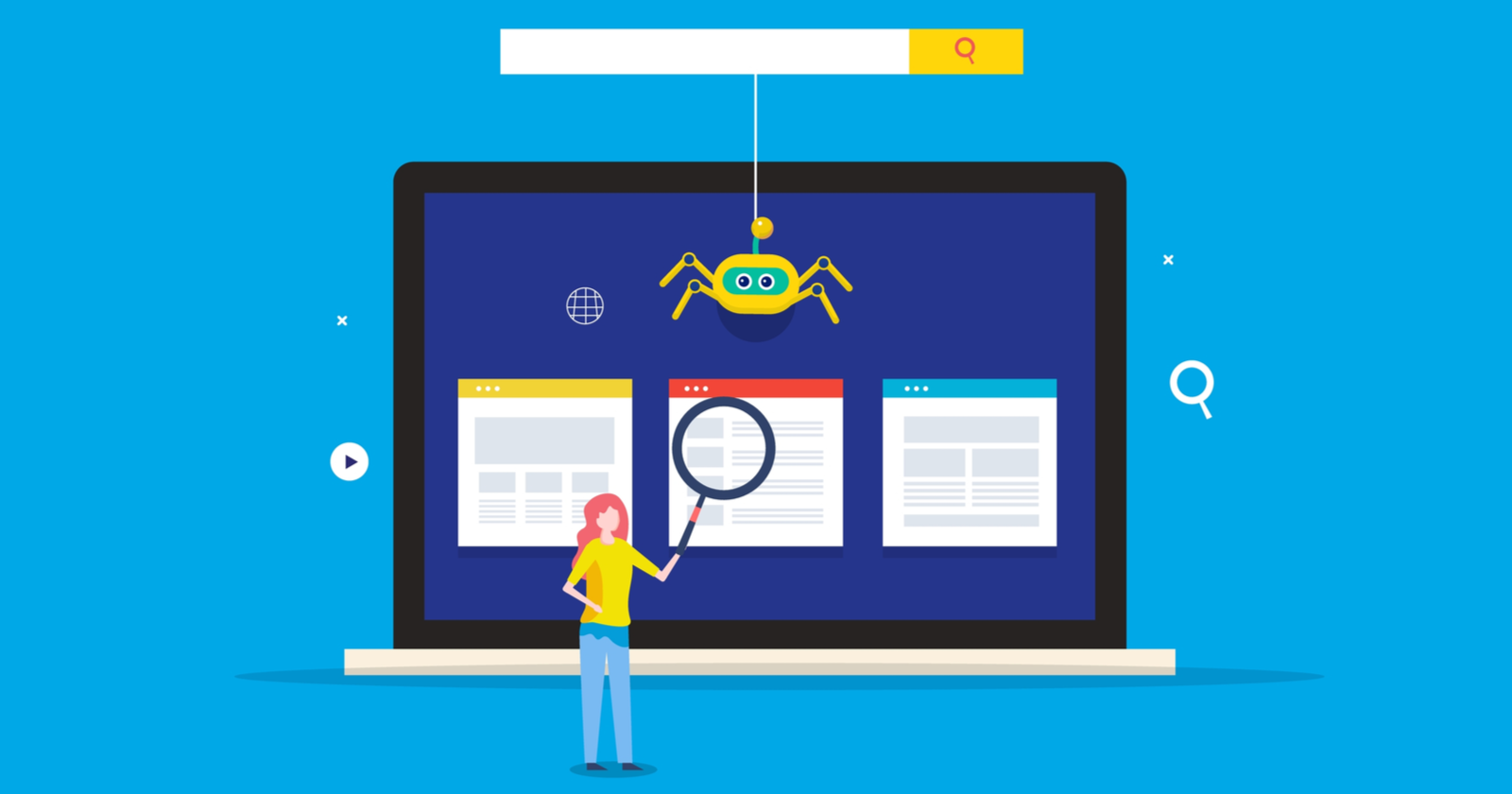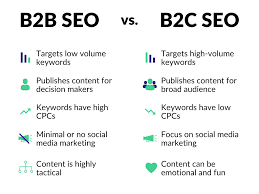Why Indexing Issues Are the Silent Killer of Your Website

Let’s assume your website has a captivating design, quality content, and even some strong backlinks because you put a lot of effort into it. You expect that Google will rank your pages higher. But that does not happen, you find something is off.
Your material is invisible, regardless of how brilliant it is.
And to openly blame the hidden culprit is the indexing problems.
They silently stop your pages from ever appearing in search results, and hence they become the silent killers of your website’s SEO.
What Indexing Really Means
In order to get ranked on search engines like Google, A page must first be indexed by search engines.
Consider Google’s index as a vast virtual library. Every webpage is like a book, and Google’s crawlers, also referred to as bots are the librarians that search the shelves and lists each page so that users may locate it at a later.
So, if the indexing is not properly done, It appears as though your book was never added to the library. No matter how wonderful it is, nobody can locate it.
Why Indexing is More Important
Page speed, backlinks, and keywords are important factors for business websites, and they should be. However, if Google is unaware that your page exists, then all the efforts you put in goes into the pit.
With Inadequate indexing search results won’t show your pages. Your natural traffic will get stagnant. But before it even starts, your entire SEO plan will collapse.
To put it concise, Indexing is the cornerstone of search engine optimization, that no business owner should miss out on. If done,everything else you do is like decorating a bungalow that nobody can enter. Hence, indexing is the important factor and poor indexing is the silent killer.
Why Does Indexing Problem Occur – Let’s Uncover
Typical Reasons for Indexing Problems
Let’s find out why even well-constructed pages frequently don’t appear in Google’s index, with the insights revealed by Webboombaa – one best SEO agency in Chennai.
1. Crawl Boundaries and Errors
Your pages will never be indexed if Google’s bots are prevented from crawling them by your site’s robots.txt file or meta tags. Unknowingly adding a simple “no index” tag might quietly prevent your pages from appearing in search results.
2. Poor Internal Linking Practice
Google may not find a page on your website if it is not linked from other trustable sites.
Internal links serve as routes that direct visitors and search bots to various pages.
- Slow Page / Loading Issues
Google may not index pages that load too slowly or return server issues (such as 404 or 500).
Both crawl efficiency and user experience depend on speed and dependability.
- Thin or Duplicate Content
Duplicate or extremely quality-less content is not indexed by Google.
Google may determine that your website isn’t worth adding to the index if it contains several pages with the same content or pages with minimal valuable information.
E-commerce sites often face this with product pages that have only one image and even no unique descriptions.
- Regular Updates or New Pages
Sometimes, especially on new sites, Google just do not have time to index the new pages.
It could take longer for crawlers to return to your website and add fresh information if it lacks enough authority and backlinks.
- Over usage of Parameters & Fake URLs
Crawlers may become confused by dynamic URLs with parameters, like ?id=123&sort=price, and end up indexing the incorrect version or nothing at all.
Google can determine which version is the primary one by using authoritative tags and clear URL structures.
How To Fix & Avoid Indexing Issues
1. Make Regular Use of Google Search Console
Search Console offers wide information on crawl and indexing problems.
You can find out which URLs have problems like redirects or duplicates, which are prohibited, and which are crawled but not indexed.
2. A Revised Sitemap
A sitemap shows all of your key URLs and functions as a road map for Google.
To run crawlers effectively, especially after adding or upgrading information, submit a revised XML sitemap to Search Console.
- Proper Internal Linking
Use informative anchor text to link identical pages.
This makes it easier for Google to identify deeper content and understand the relationships between your site and users.
- Quality Content Matters
Make sure every page helps with real value not just words for the sake of SEO.
Add original text, visuals, and insights that answer users’ questions better than your competetor’s page.
- Bring Through Backlinks
High-quality and credible backlinks show Google that your website is reliable and deserving of indexing.
Google is more likely to crawl and add your content to its database more quickly if it has links from other reliable websites – Simple yet a shortcut win for sure.
In conclusion, indexing is the first step towards visibility.
Although it may not sound so smooth, indexing is essential to gain SEO strength, and it becomes effortlessly easy with a top digital marketing agency in Chennai.
Indexing establishes whether your material can compete in search results.
Even with the strongest SEO strategy in the world, you won’t be seen if Google doesn’t index your content.
Your efforts in content, design, and SEO will truly pay off if you routinely examine your website for indexing problems.




